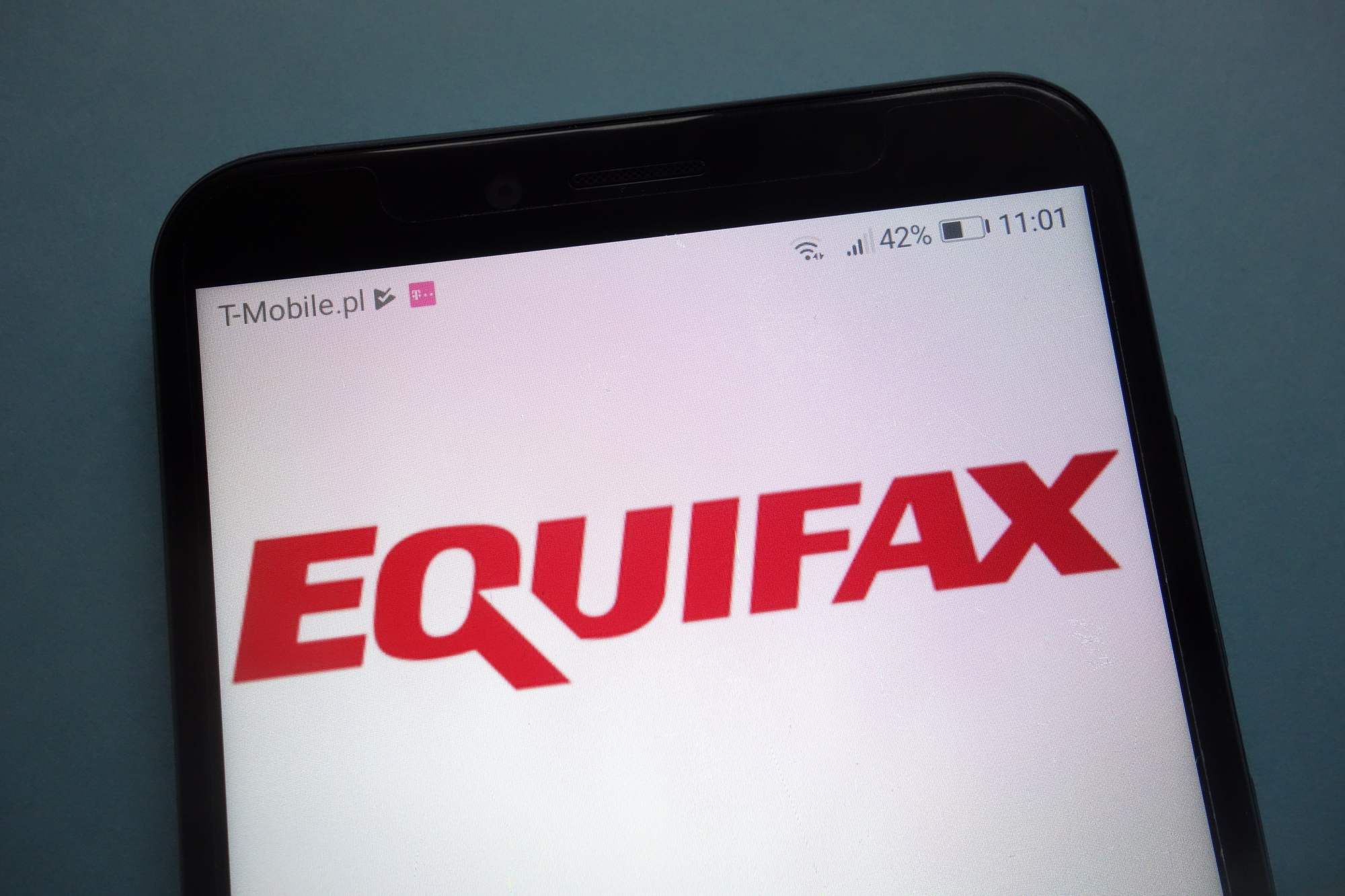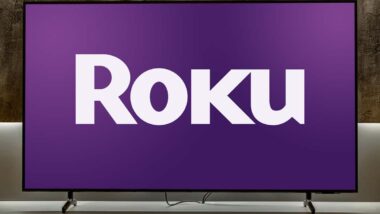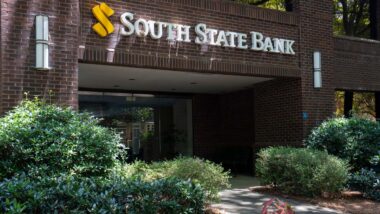Top Class Actions’s website and social media posts use affiliate links. If you make a purchase using such links, we may receive a commission, but it will not result in any additional charges to you. Please review our Affiliate Link Disclosure for more information.

An approved $1.38 billion settlement between Equifax and consumers affected by a giant 2017 data breach is being held up in the Eleventh Circuit appeals court, after objectors said that the trial court failed to publicize the draft approval order.
In January 2020, U.S. District Judge Thomas W. Thrash Jr. issued a 122-page opinion approving the settlement, which would bind 147 million consumers, saying that the monetary and injunctive benefits in the settlement were likely to exceed what Class members would get at trial, reports Law360.
In a fairness hearing, Thrash requested that class counsel draft a proposed written order, however that order was never published despite pressure from class counsel.
Now, multiple objectors are questioning whether the district court exercised independent jurisprudence and are calling on the Eleventh Circuit to vacate the settlement approval and reassign it to another district court judge, reports Law360.
Eric Isaacson, counsel for objector John W. Davis, said that Judge Thrash violated First Amendment and common law rights, as well as judicial ethics rules, in his communication with class counsel.
Isaacson said that Judge Thrash must have adopted class counsel’s draft verbatim, adding that was problematic as the final order included things that were not mentioned as a basis of the decision at the fairness hearing, reports Law360.
“On the record that we’ve currently got, with the assumption that it’s verbatim, we have to assume that the judge did not exercise independent judgment,” he said.
Another objector, Theodore Frank, said that the judge’s ruling was insufficient on legal grounds, adding previous rulings meant that the district court must provide the appeals court with a basis for assessing the exercise of its discretion.
However, Equifax attorney David L. Balser of King & Spalding LLP said that some of the objectors had engaged in extortion in the past to gain personal benefits in exchange for withdrawing their objections, reports Law360.
“There are 147.5 million people in the class, fewer than 300 objectors, and the only objectors who are left are all professional objectors,” Balser said.
“The arguments that are raised by the objectors here are either factually mistaken or predicated on extending the law in ways the court has repeatedly rejected.”
He added that the court should proceed cautiously, and “it should not disrupt all of the work that was done to achieve this historical agreement.”
Class counsel Kenneth Canfield, of Doffermyre Shields Canfield & Knowles LLC, said that the main issue the objectors had did not affect the Class, and instead hinged on the allegations of serial objecting.
“They only complain about his findings regarding them, and it was totally appropriate for the court to make those findings,” Canfield added.
Canfield told Law360 that even if the district court adopted the draft approval verbatim, previous rulings dictated that a ghostwritten order could only be reversed if the process was unfair and the order was unsupported by the record.
He added that the process had been fair and there was nothing extraordinary about the approval being missed from the docket.
The settlement comes after Equifax suffered the largest data breach of personal and financial information in American history in 2017. The breach involved almost half of the country’s population. In November 2017, consumers filed a class action lawsuit against Equifax, claiming that the credit bureau failed to protect their information.
Equifax reached a settlement with the consumers to resolve claims, but does not admit any wrongdoing by settling the case against them. There are several benefits available under the settlement. Consumers can choose between free credit monitoring services or a $125 cash payment. Additionally, the settlement would provide up to $20,000 in expense reimbursement and at least seven years of free identity restoration services.
Were you affected by the Equifax data breach? Let us know in the comments!
The Class is represented by Amy Keller of DiCello Levitt Gutzler LLC, Kenneth Canfield of Doffermyre Shields Canfield & Knowles LLC and Norman Siegel of Stueve Siegel Hanson LLP.
Equifax is represented in the multidistrict litigation by David L. Balser, Phyllis B. Sumner and Stewart Haskins of King & Spalding LLP.
Objector Shiyang Huang is representing himself.
Objectors Frank, David R. Watkins are represented by Theodore H. Frank of the Hamilton Lincoln Law Institute’s Center for Class Action Fairness.
Objector George Willard Cochran Jr. is representing himself.
Objector Mikell West is represented by Robert William Clore of Bandas Law Firm PC.
Objector Davis is represented by Eric Alan Isaacson of the Law Offices of Eric Alan Isaacson.
The Equifax Data Breach Lawsuit is Huang et al. v. Spector et al., Case No. 20-10249, in the U.S. Court of Appeals for the Eleventh Circuit.
Read About More Class Action Lawsuits & Class Action Settlements:















38 thoughts on$1B Equifax Data Breach Settlement Stalled at 11th Circuit Appeals Court
Hello i was affected bt this breach please add me
My credit was severely messed up due to this breach. Now we will only get $6. They shouldn’t be allowed to have any power or information on anyone. If you can’t cover for the mess you started they shouldn’t have anyone’s ss # going forward.
add me please
They never have me any money and wrote me that I was comprimised…. Now I know cuz my crdit is all messed up from way back Add me please. They really owe me!!!!!!!
Add me please
I want my name removed.
Please add me. Because of this breach my identification was stolen and federal income tax hacked. Took two years to restore my ID with IRS. I do not have a face book account so I do not give away my information it was stolen.
add me
I was affected & had certified mail sent to someone in florida with my info
Being that the stolen data has yet to turn up on the darkweb, it is very obvious that your identity was stolen because you give away all your info in social media.
Why doesn’t someone sue the “professional objectors” for holding up these cases to extort money? All the money ends up going to lawyers for lengthy BS cases and the people get nothing.
I gave the bastard attorneys the option to just remove my name from the case, but they did not listen. That is why I objected. My goal is to stall the case. Now they have to wait to get their 25%. Too bad.
Add me!!
ADD ME